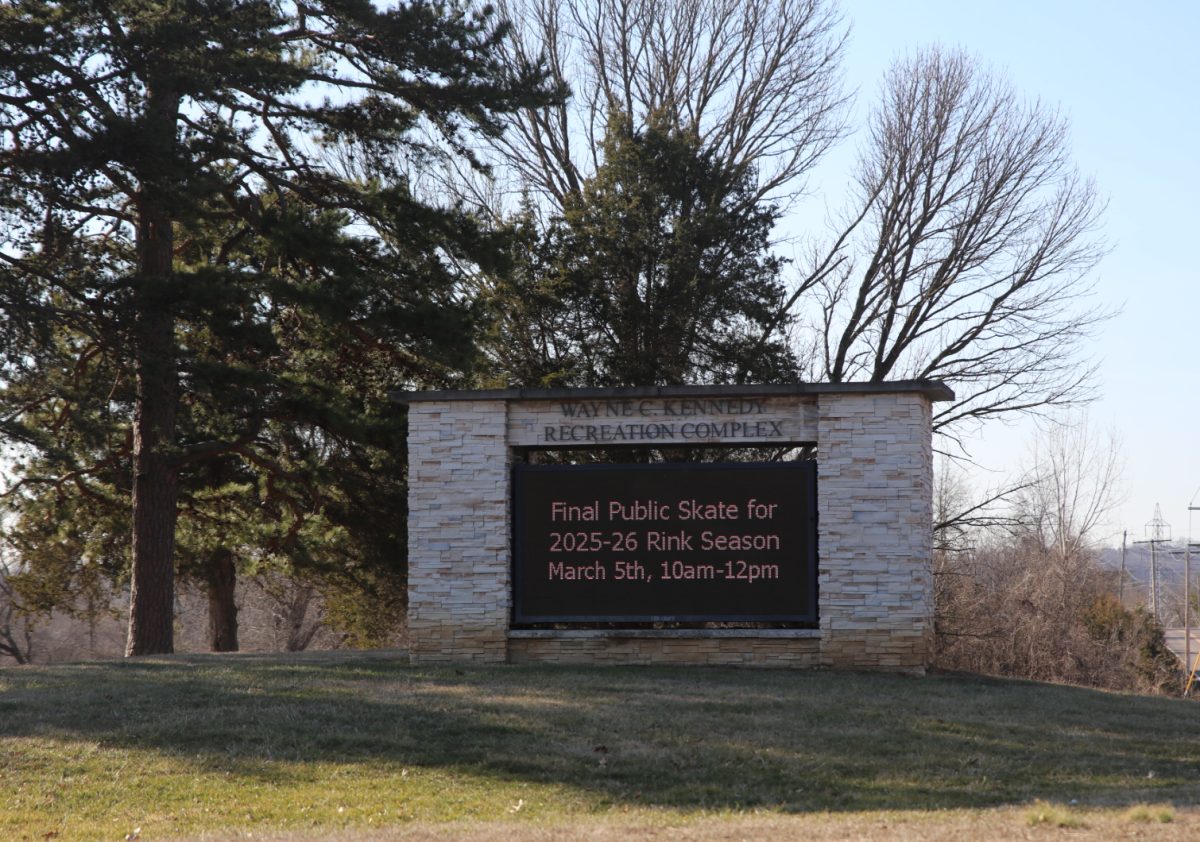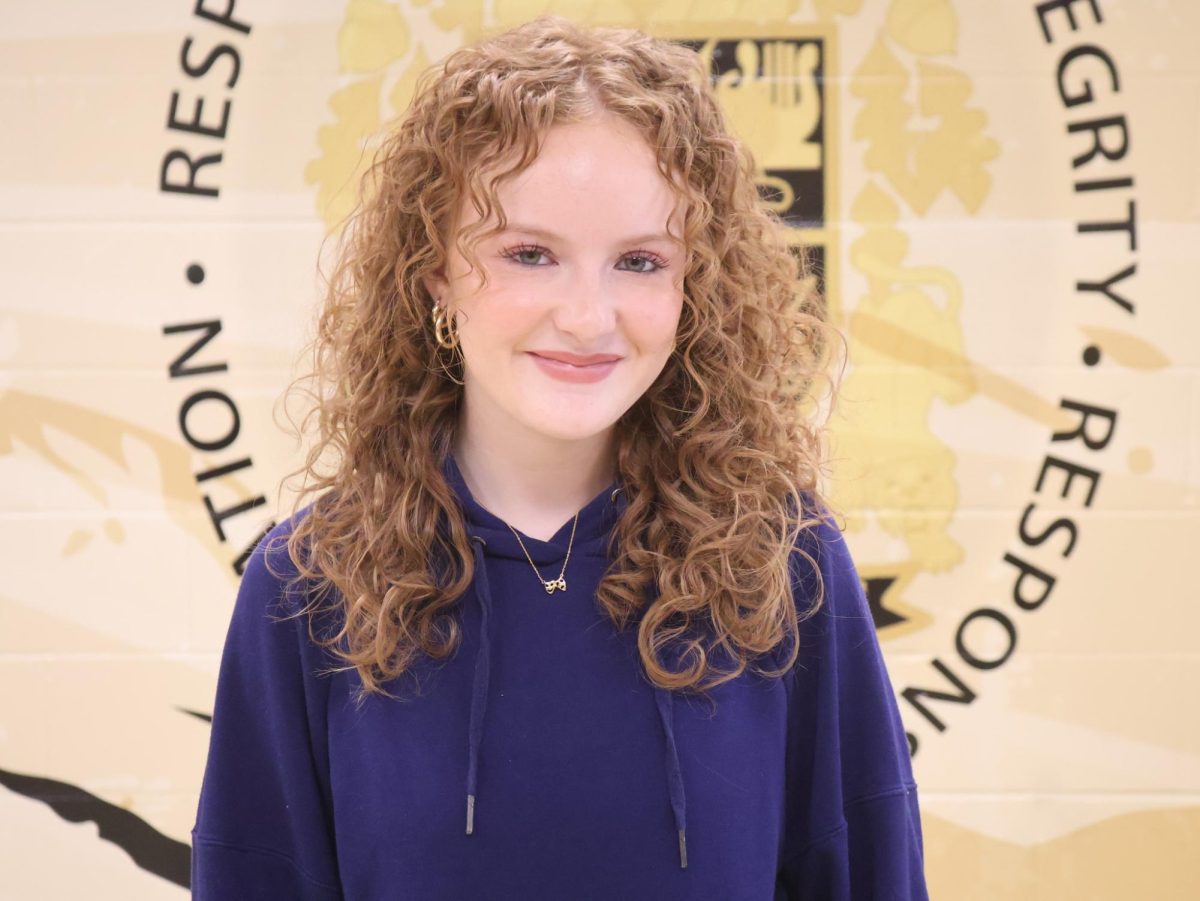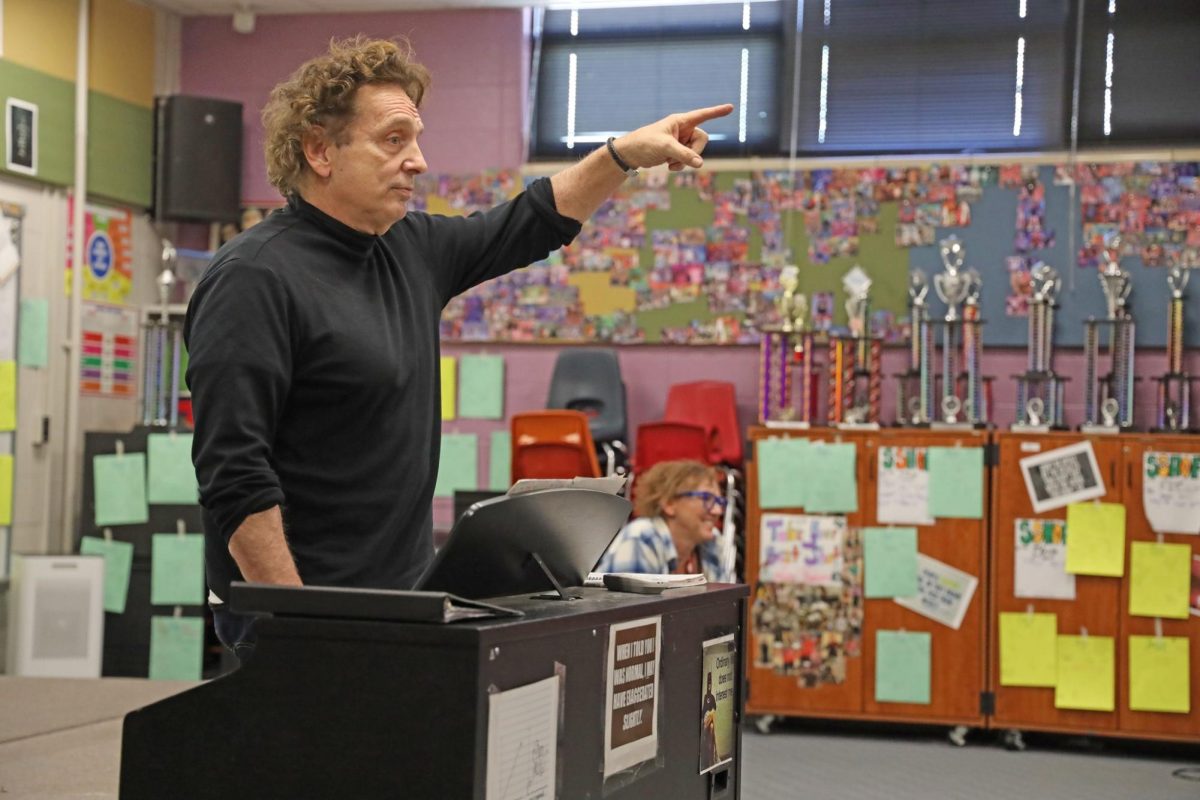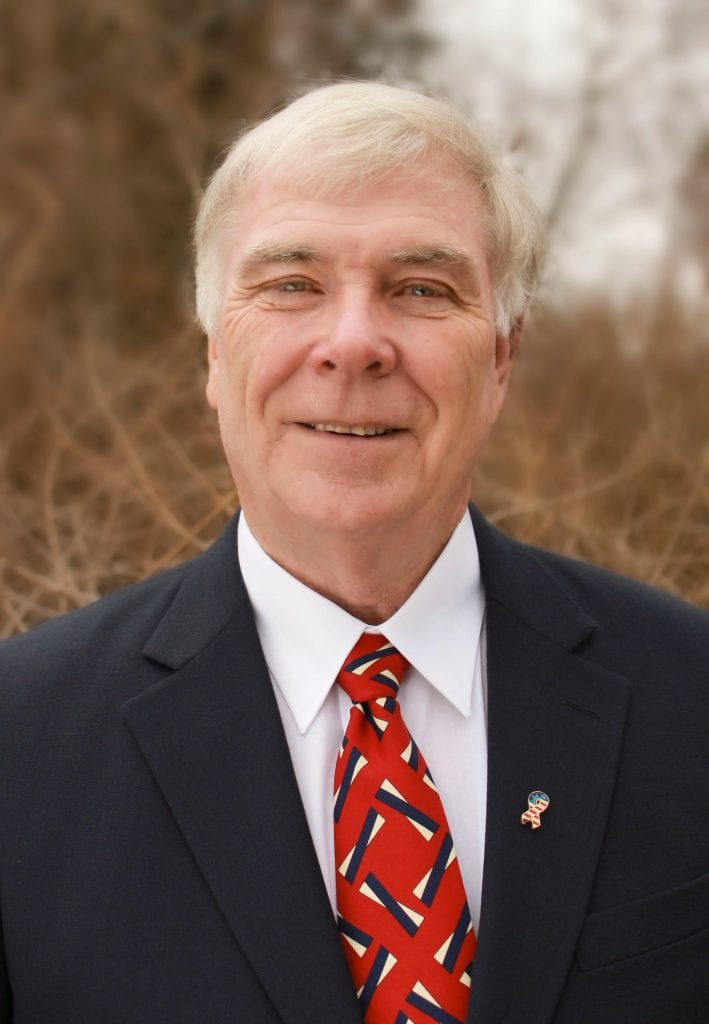The memory of Sept. 11, 2001, is burned in the memory of most Americans along with where they were when it happened.
For Oakville residents Tony and Ginny Pona, that memory includes Agrigento, Sicily, and the town where Tony’s parents were born.
“My dad married my mother in St. Louis,” Tony said. “He was 18 when he came to America by himself. She was 5, one of three children.”
Both of his parents were born in the Sicilian province of Agrigento near the town with the same name.
“My eyes teared up when I saw my family name on a plaque in the town square of Agrigento,” Tony recalled. “There were only three Ponas in the St. Louis phone book when I grew up. I had tears in my eyes just to see where they came from.”
The Ponas were able to spend the day in Agrigento before the tour they were part of departed for its next destination.
They ate ravioli at a restaurant in the center of town and visited Greek ruins on a hill outside the town, but were unable to contact local relatives.
“Mom and Dad never thought about going back to the homeland,” Pona said. “Mom didn’t really remember it. During the war, Dad sent money back to his relatives.
“I knew nothing about the town before we went there, other than my parents were born there,” Tony said. “It’s a beautiful feeling to walk around in the hometown where your parents were born. It was completely changed from when they were there.
“They lived there before the war. It still had the old feeling, the old buildings, the narrow streets. It was a peaceful place, really nice.”
The couple spent two weeks in Italy in early September 2001. They visited Assisi, the Vatican, Monte Casino, Mount Etna, Palermo, Messina, Venice, St. Mark’s Cathedral, Florence, Rome, the Coliseum, the Leaning Tower of Pisa, the Isle of Capri, the Blue Grotto and Sorrento.
They were headed to Sorrento when terrorists attacked America’s East Coast.
“That was scary,” Tony recalled. “We wanted to go home, but planes weren’t flying. When we were on the night ferry from Palermo to Sorrento. One of our party ran out of money, that Italian money, lire. They wouldn’t take American money. That’ll scare you.”
He said members of the tour group quickly went from being acquaintances to supporting one another.
Anyone who ran out of medicine had to go to the U.S. Embassy while members of tours that had ended were visible in hotel lobbies.
“They were given one day’s accommodations, and that was it,” Pona said. “They were on their own after that.”
Tony and Ginny remain in contact with five couples they met during their Italian trip to this day.
“The Italian people were very nice to us after that attack,” he said. “They expressed their sorrow. Prayed for us. It was very nice.”
Authorities lifted the flight ban the day their tour group was scheduled to fly back to the United States.
“Boy, they really checked you out before you got on that plane,” Tony said. “When we finally landed in America, the whole plane broke out in cheers.”
Among the strongest impressions the trip made on the couple was the Italians’ respect for their heritage.
“Around here, they tear down buildings because they’re too old,” Tony said. “Over there, buildings are 2,000 years old and they try to save them. That’s what I can’t understand about this country. Everything’s got to be modern.
“You read about it in history books and you can actually go over there and see it. You feel like you’re part of history.”








